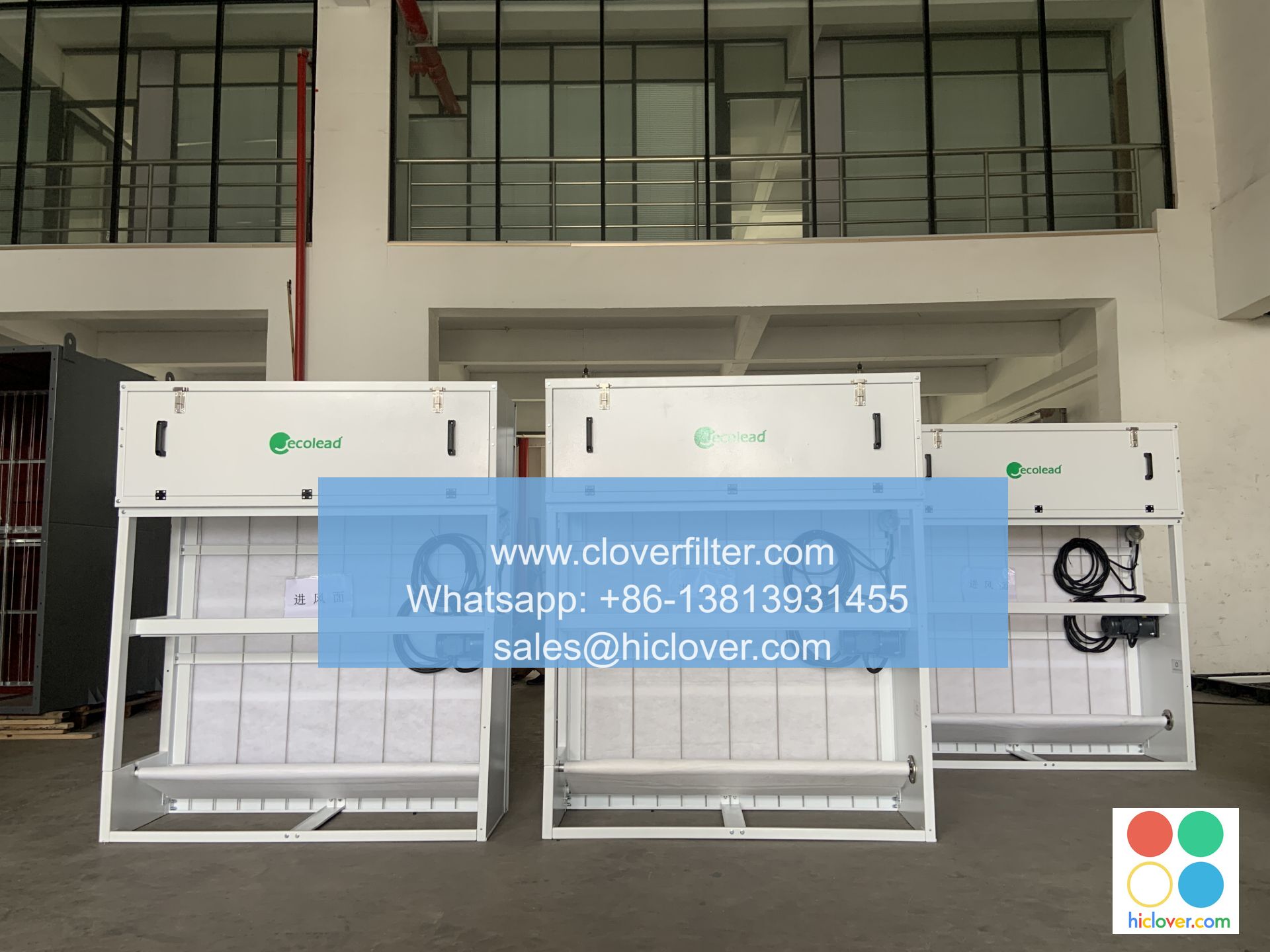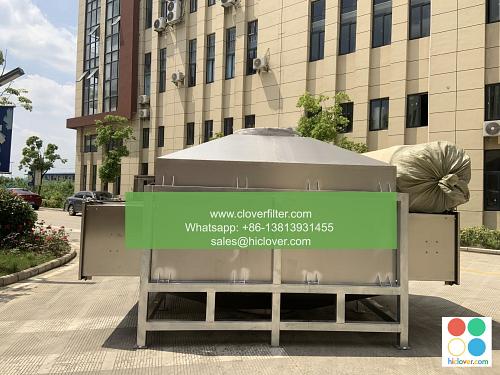CARB Compliant Air Filters: Reducing Emissions for a Healthier Environment

The California Air Resources Board (CARB) has implemented strict regulations to minimize air pollution and promote a healthier environment. One crucial aspect of these regulations is the use of CARB compliant air filters, which play a significant role in reducing emissions from various sources. In this article, we will delve into the world of CARB compliant air filters, exploring their importance, application areas, and the benefits they offer in reducing air pollution and promoting sustainable practices.
What are CARB Compliant Air Filters?
CARB compliant air filters are designed to meet the stringent standards set by the California Air Resources Board, which aims to minimize particulate matter (PM), nitrogen oxides (NOx), and volatile organic compounds (VOCs) emissions. These filters are engineered to capture fine particles, pollutants, and harmful gases, ensuring that the air released into the atmosphere is cleaner and healthier to breathe. By using CARB compliant air filters, industries and individuals can significantly reduce their environmental footprint and contribute to a cleaner environment.
Application Areas of CARB Compliant Air Filters
CARB compliant air filters have a wide range of application areas, including:
* Industrial facilities: Manufacturing plants, power generation facilities, and other industrial sites can benefit from CARB compliant air filters to minimize emissions and ensure compliance with regulations.
* Transportation sector: The use of CARB compliant air filters in vehicles, trucks, and buses can significantly reduce exhaust emissions and promote clean transportation.
* Commercial buildings: Office buildings, schools, and hospitals can use CARB compliant air filters to improve indoor air quality and create a healthier environment for occupants.
* Residential areas: Homeowners can also benefit from CARB compliant air filters, which can be used in heating, ventilation, and air conditioning (HVAC) systems to reduce pollutants and allergens in the air.
Benefits of CARB Compliant Air Filters
The use of CARB compliant air filters offers numerous benefits, including:
* Reduced emissions: By capturing particulate matter, NOx, and VOCs, CARB compliant air filters help minimize air pollution and promote a cleaner environment.
* Improved indoor air quality: CARB compliant air filters can remove pollutants and allergens from the air, creating a healthier environment for occupants.
* Increased energy efficiency: By reducing emissions and pollutants, CARB compliant air filters can help industries and individuals reduce their energy consumption and promote sustainable practices.
* Compliance with regulations: Using CARB compliant air filters ensures that industries and individuals meet the strict regulations set by the California Air Resources Board, avoiding potential fines and penalties.
Conclusion
In conclusion, CARB compliant air filters play a vital role in reducing emissions and promoting a healthier environment. With their wide range of application areas, including industrial facilities, transportation sector, commercial buildings, and residential areas, these filters offer numerous benefits, from reduced emissions to improved indoor air quality. As we continue to strive for a sustainable future, the use of CARB compliant air filters is essential for minimizing air pollution and promoting cleaner practices. By adopting these filters, we can create a healthier environment for future generations and contribute to a better tomorrow. Prompt

